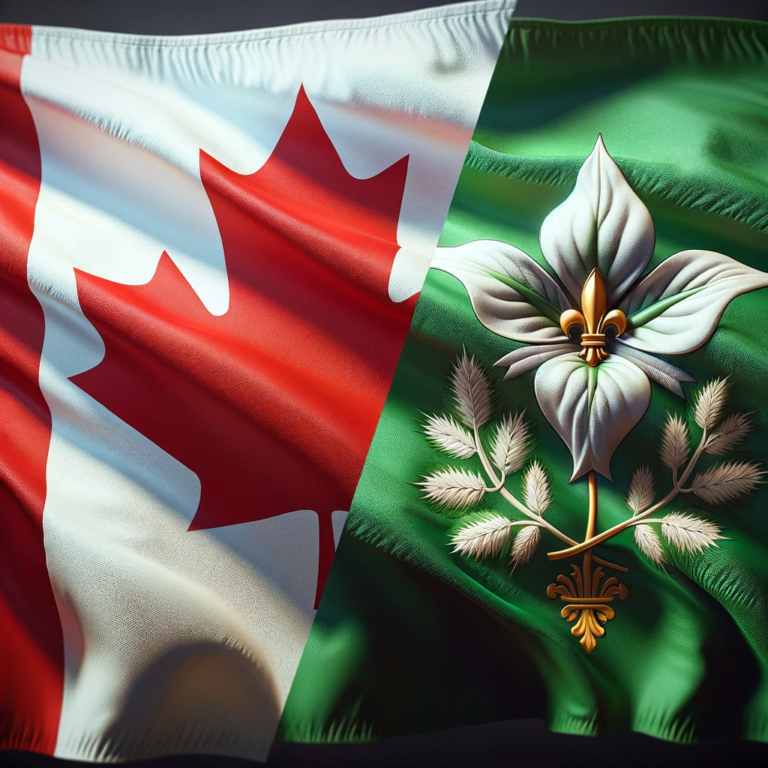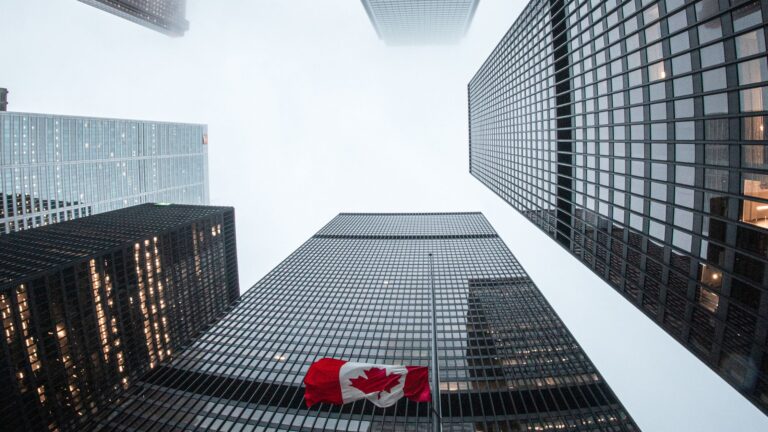Obtaining a Visa for Canada

Traveling to or immigrating to Canada is a dream for many. Whether for study, work, tourism, or to join loved ones, obtaining a visa is a crucial step. This guide will help you navigate through the different visa options available, the steps required to apply, and tips to increase your chances of success. Canada offers a multitude of visas, each designed to meet specific needs. Understanding which one is right for you is the first step towards your Canadian adventure.
The different types of Canadian visas
The Canadian government offers several types of visa, depending on the purpose of your visit and the length of your stay. Here are the main ones:
Visitor (tourist) visa
Intended for people wishing to visit Canada for tourism or to visit family and friends. This visa is generally valid for six months.
Study visa
For international students accepted at a Canadian educational institution. The study visa allows you to reside in Canada for the duration of your studies.
Temporary work visa
Available to individuals with a job offer in Canada. This visa is essential for those wishing to work temporarily in Canada.
Permanent resident visa
Designed for people wishing to settle permanently in Canada. There are several categories of permanent residency, each with its own criteria.
Great visa for parents and grandparents
Allows parents and grandparents of Canadian citizens or permanent residents to visit Canada for periods of up to two years without renewing their status.
Each type of visa has its own requirements, fees and application process. Selecting the right visa is essential to correctly meeting Canadian government requirements and successfully completing your application.
Visa application process
Applying for a visa to Canada involves several important steps. While the process may vary slightly depending on the type of visa, the broad outlines remain similar.
Step 1: Determining eligibility
Before you begin your application, it's crucial to check whether you're eligible for the type of visa you'd like to obtain. The Canadian government website offers eligibility tools and quizzes to help you assess your situation.
Step 2: Choosing the type of visa
As mentioned above, there are different types of Canadian visas. Choosing the right visa is essential, as each has its own eligibility criteria, required documents and application procedures. Take the time to understand which one best suits your situation and objectives.
Step 3: File preparation and submission
Once you've identified the right visa, you'll need to gather all the documents required for your application. This usually includes a valid passport, proof of financial status, letters of invitation or acceptance (as appropriate), and other documents specific to the visa you are applying for. Most visa applications can now be submitted online via the Canadian government website, making the process much easier.
Stage 4: Awaiting decision and next steps after approval
Once your application has been submitted, a waiting period is required for your request to be processed. This time may vary depending on the type of visa and your country of origin. You can track the status of your application online. If approved, you will receive instructions on the next steps to take to finalize your visa.
Documents required for visa application
The precise list of documents required depends on the type of visa you are applying for, but here is an overview of the documents generally requested:
Valid passport
A passport that remains valid for the duration of your planned visit to Canada.
Proof of financial means
Documents proving that you can support yourself during your stay in Canada.
Letter of invitation or acceptance
For some visas, such as study or work visas, a letter of acceptance from a Canadian institution or a job offer from a Canadian employer may be required.
Passport-size photos complying with specifications
Recent photos that meet Canadian government requirements.
Other documents
Depending on the case, additional documents such as language test results, medical history, security checks... may be required.
Tips to increase your chances of obtaining a visa
Check that your file is complete
An incomplete file may result in delays or refusal of your visa application.
Provide accurate information
Incorrect or misleading information may not only result in a refusal, but may also affect your chances of obtaining a Canadian visa in the future.
These steps and tips should help you navigate the Canada visa application process with more confidence. Remember that every situation is unique, and requirements can change. It is therefore always advisable to consult the official Canadian government website, or call on our firm for a consultation, in order to obtain the most up-to-date information and correctly assess your chances.
Processing visa applications: processing times and follow-up
Processing times for Canada visas vary considerably depending on the type of visa, the applicant's country of origin, and the complexity of the application. It's important to plan your application well in advance of your intended travel date to avoid any hiccups.
Average processing time
- Visitor (tourist) visa Treatment can take from a few weeks to a few months.
- Study visa : Requests are generally processed within 3 to 4 weeks, but this can vary depending on the season.
- Temporary work visa : Processing times vary depending on the job and the applicant's situation, from a few weeks to several months.
- Permanent resident visa : This process is often longer, and can take from a few months to several years, depending on the immigration category.
How to track the status of your application
The Canadian government offers the possibility of tracking the status of your visa application online. Once you have submitted your application, you will receive a reference number that will enable you to check the status of your file on the official Canadian government website. This keeps you informed of the progress of your application and any action required on your part.
FAQ - Frequently asked questions
How much does it cost to apply for a visa to Canada?
R Fees vary depending on the type of visa. For example, the cost of a visitor's visa is usually CAD 100, while the fee for a permanent resident visa application is higher. Consult the official IRCC website for detailed information on current fees.
Can I work in Canada on a visitor's visa?
R The visitor's visa is for tourism and family visits. To work in Canada, you must obtain a valid work permit.
How far in advance of my trip do I need to apply for a visa?
R We recommend you submit your visa application at least 3 months before your planned departure date, as processing times may vary.
Conclusion
Obtaining a visa for Canada is a crucial step for any potential traveler or immigrant. By following the official guidelines, carefully preparing your application, and using the resources available to track your file, you'll increase your chances of obtaining the visa you want. Remember, patience and perseverance are your best allies in this process. For more information and up-to-date advice, always consult the official Canadian government website, or call on our firm to help you.







